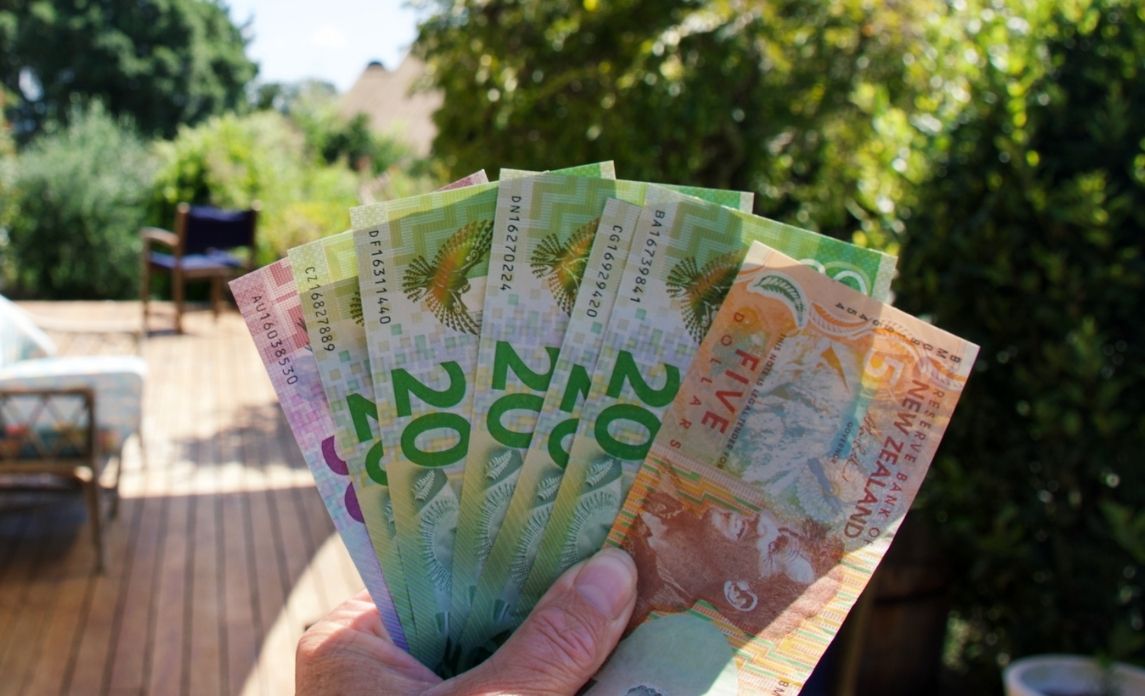If you’re someone looking for an earning opportunity, whether that’s through a business of your own or as a worker, one of the best options is the cleaning industry.
For more control over your work hours and earnings, you can opt for a cleaning business franchise. You’ll have to invest around $15,000, but there are various financing options available to help you get started. In addition, many cleaning companies that offer franchises also offer training, marketing, and mentoring for budding entrepreneurs.
With this kind of investment, you can easily earn more than $30,000 a year after you recoup what you’ve spent. More importantly, you’ll have endless possibilities. For example, you can hyper-specialise (e.g., school cleaning only) or offer a wider range of cleaning services. There’s even an opportunity to grow your business and hire more people, thus giving others a chance to earn as well.
Meanwhile, if you want to try things out first, you can easily enter the job of a cleaner. The chances of getting a post are always good because of high demand and the pay is also good, considering the prevailing minimum wage in New Zealand.
How Much Is the Minimum Wage for Cleaners?
What you have to take note of is that there are three types of minimum wage in New Zealand: adult, starting-out, and training. The adult minimum age, which is the rate for employees 16 years and older, is $20 per hour (as of this writing). This means that as a cleaner, you can earn $800 for a 40-hour work week before taxes.
However, there are commercial cleaning companies that pay more than the minimum. In fact, you can expect to be paid around $20 to $24 per hour before tax. This rate can go higher depending on your experience and the kind of work you do. If you supervise other workers, for example, you may possibly command a higher rate.
For comparison, the minimum wage for starting-out workers and training is $16 an hour or about $640 for a 40-hour week before tax.
Finally, if you chose to take the cleaning business franchise route, whether or not you earn more than the minimum wage will depend on how well your business performs. Still, considering the consistently high demand for cleaners and the broad scope of opportunities, it’s safe to say that you can easily afford to pay yourself higher rates.
What is a Commercial Cleaner Expected to Do?
Commercial cleaners are expected to clean, sanitise, and disinfect workplaces, schools, restaurants, and other kinds of commercial establishments. Some examples of individual tasks include:
- sweeping, vacuuming, mopping, and polishing floors
- cleaning windows
- vacuuming and/or washing carpets
- dusting and polishing furniture
- wash dishes and cooking equipment
- operate cleaning machinery, including high-pressure cleaners, steamers, and the like
Depending on the establishment you’re handling, you may also be expected to perform other tasks. For example, in restaurants, you’re likely to be cleaning countertops and industrial kitchens. Meanwhile, in a kindergarten or daycare, you might encounter toys, books, and playsets that need to be thoroughly cleaned and disinfected. Most commercial cleaners are also expected to replenish the stock of hygiene items in the bathroom, as well as other cleaning materials.
On the business side of things, commercial cleaners need to invoice clients, schedule appointments, and handle other aspects of running a company such as registration, training personnel, and bookwork.
What Qualifications Do I Need to Enter the Job?
What’s great about the cleaning industry is that there aren’t any specific requirements. Most of the skills you need can be learned on the job so as long as you’re familiar with the basics, you won’t have any trouble. The most important things you need to learn are how to operate cleaning equipment and how to properly handle chemicals, which can be learned through training.
If you're really serious about your cleaning career, however, it's highly recommended to get a cleaning qualification. For some franchised companies, it is already a requirement, which is fair enough, especially with the growing COVID-19 cleaning protocols.
If you want to start your own commercial cleaning business, it’s also a good idea to hone your business skills, including customer service, accounting, and project management. Health and safety basics are also good to have, whether you’re planning on working for an employer or opening a cleaning franchise.
Depending on where and how you plan to work as a cleaner, you may also need a driver’s licence and your own vehicle. You’ll also have to pass certain police checks, physical exams to ensure that you’re fit to work, as well as drug and alcohol tests.
Additional requirements may also include certificates in cleaning, particularly for hospital cleaners. That’s because there are plenty of hazardous materials and other contaminants that can cause diseases if not cleaned up and disposed of correctly.
The bottom line here is that whether you choose to be an employee or a business owner, being a commercial cleaner is a viable and lucrative career. The pay is good and the demand is consistent, which means you can expect stability. With careful planning and some training, you can be quite successful in this industry.


